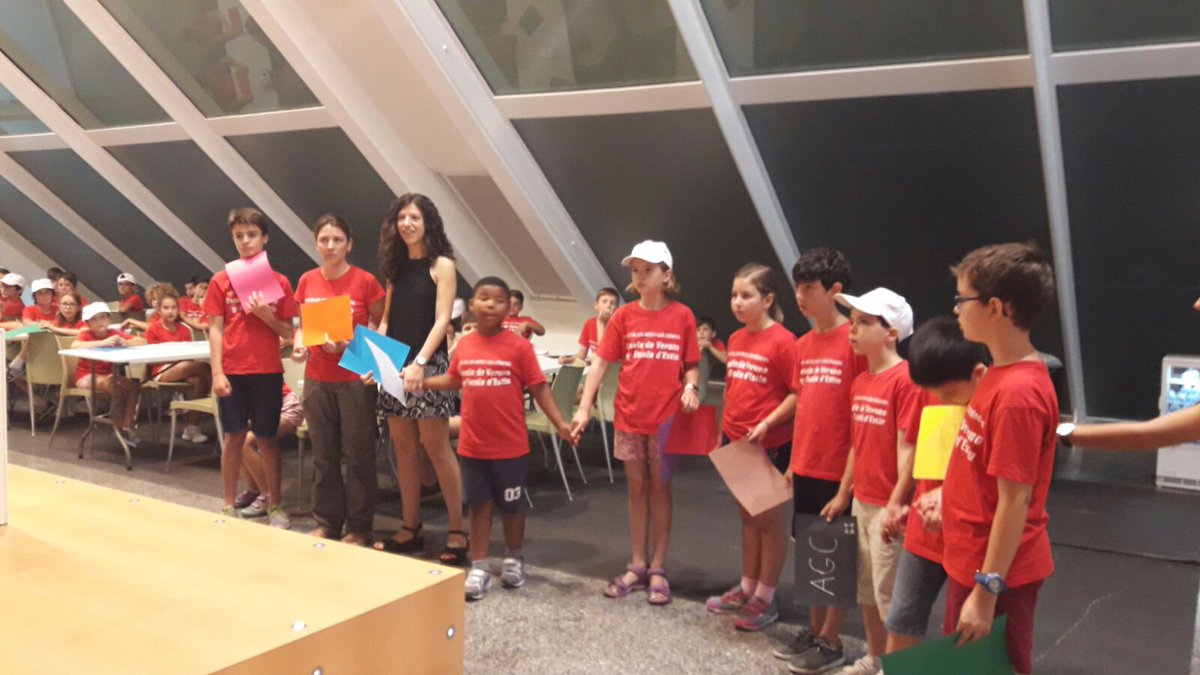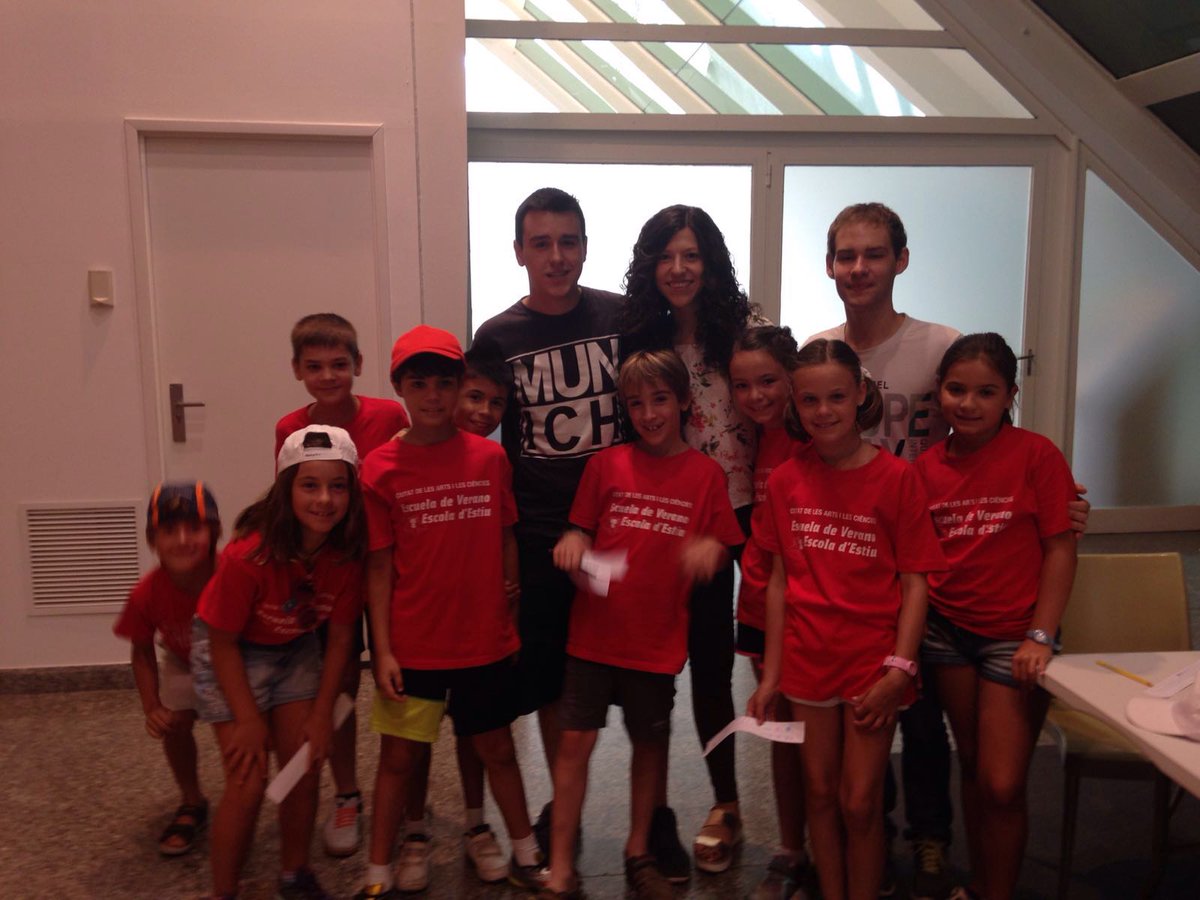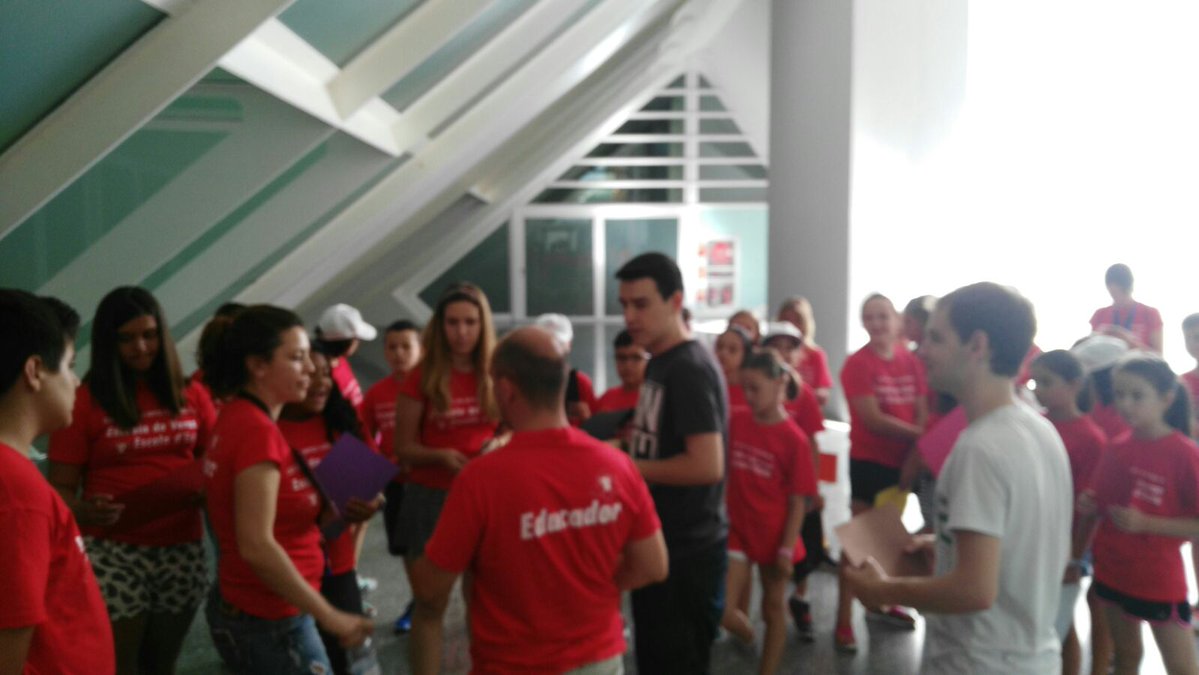Albagoutiel (Talk | contribs) |
|||
| Line 20: | Line 20: | ||
| − | <section><div class="container"><div class="row"><div class="col-md-2 col-sm-3"><div class="side-nav margin-bottom-60 margin-top-30"><div class="side-nav-head"><button class="fa fa-bars"></button><h4>Index</h4></div><ul class="list-group list-group-bordered list-group-noicon uppercase"><li class="list-group-item"><a href="https://2016.igem.org/Team:Valencia_UPV/HP/Silver#Survey:newplantbreedingtechniques_id"><span class="size-11 text-muted pull-right"></span>Survey: new plant breeding techniques</a></li><li class="list-group-item"><a href="https://2016.igem.org/Team:Valencia_UPV/HP/Silver#Everychildisascientist_id"><span class="size-11 text-muted pull-right"></span>Every child is a scientist</a></li><li class="list-group-item"><a href="https://2016.igem.org/Team:Valencia_UPV/HP/Silver#Itisnevertoolatetolearn_id"><span class="size-11 text-muted pull-right"></span>It is never too late to learn</a></li></ul></div></div><div class="col-md-10 col-sm-9"><div class="blog-post-item" id="Survey:newplantbreedingtechniques_id"><h3>Survey: new plant breeding techniques</h3><p><br>Hay que analizarlo. Pero la conclusión es que a la gente no le gusta porque no sabe lo que hay, ni de qué va, ni cómo funciona, ni qué diferencia hay.<br><br></p></div><div class="blog-post-item" id="Everychildisascientist_id"><h3>Every child is a scientist</h3><p>Kids are natural scientists. They have an enquiring spirit. They are very curious and aren’t afraid to admit that they do not know something. Exploring and drawing conclusions from their experiences allow them to build a more predictable world. That is why we think that childhood is the suitable moment to impress them the passion for research and knowledge. This way, it is possible to start educating society to analyze and interpret science, instead of rejecting innovation. If they understand, they will have the ability to receive change without fear.<br></p><img class="img-responsive" | + | <section> |
| − | + | <div class="container"> | |
| + | <div class="row"> | ||
| + | <div class="col-md-2 col-sm-3"> | ||
| + | <div class="side-nav margin-bottom-60 margin-top-30"> | ||
| + | <div class="side-nav-head"> | ||
| + | <button class="fa fa-bars"></button> | ||
| + | <h4>Index</h4> | ||
| + | </div> | ||
| + | <ul class= | ||
| + | "list-group list-group-bordered list-group-noicon uppercase"> | ||
| + | <li class="list-group-item"> | ||
| + | <a href= | ||
| + | "https://2016.igem.org/Team:Valencia_UPV/HP/Silver#Survey:newplantbreedingtechniques_id"> | ||
| + | <span class= | ||
| + | "size-11 text-muted pull-right"></span>Survey: | ||
| + | new plant breeding techniques</a> | ||
| + | </li> | ||
| + | <li class="list-group-item"> | ||
| + | <a href= | ||
| + | "https://2016.igem.org/Team:Valencia_UPV/HP/Silver#Everychildisascientist_id"> | ||
| + | <span class= | ||
| + | "size-11 text-muted pull-right"></span>Every | ||
| + | child is a scientist</a> | ||
| + | </li> | ||
| + | <li class="list-group-item"> | ||
| + | <a href= | ||
| + | "https://2016.igem.org/Team:Valencia_UPV/HP/Silver#Itisnevertoolatetolearn_id"> | ||
| + | <span class= | ||
| + | "size-11 text-muted pull-right"></span>It is | ||
| + | never too late to learn</a> | ||
| + | </li> | ||
| + | </ul> | ||
| + | </div> | ||
| + | </div> | ||
| + | <div class="col-md-10 col-sm-9"> | ||
| + | <div class="blog-post-item" id= | ||
| + | "Survey:newplantbreedingtechniques_id"> | ||
| + | <h3>Survey: new plant breeding techniques</h3> | ||
| + | <p><br> | ||
| + | Hay que analizarlo. Pero la conclusión es que a la | ||
| + | gente no le gusta porque no sabe lo que hay, ni de qué | ||
| + | va, ni cómo funciona, ni qué diferencia hay.<br> | ||
| + | <br></p> | ||
| + | </div> | ||
| + | <div class="blog-post-item" id="Everychildisascientist_id"> | ||
| + | <h3>Every child is a scientist</h3> | ||
| + | <p>Kids are natural scientists. They have an enquiring | ||
| + | spirit. They are very curious and aren’t afraid to | ||
| + | admit that they do not know something. Exploring and | ||
| + | drawing conclusions from their experiences allow them | ||
| + | to build a more predictable world. That is why we think | ||
| + | that childhood is the suitable moment to impress them | ||
| + | the passion for research and knowledge. This way, it is | ||
| + | possible to start educating society to analyze and | ||
| + | interpret science, instead of rejecting innovation. If | ||
| + | they understand, they will have the ability to receive | ||
| + | change without fear.<br></p><img class="img-responsive" | ||
| + | src= | ||
| + | "https://static.igem.org/mediawiki/2016/c/c7/T--Valencia_UPV--SummerSchool1.jpg" | ||
| + | style="float:left;width:55%;margin:1em 1em 1em 0;"> | ||
| + | <p><br> | ||
| + | This summer, we have taken part of their adventure of | ||
| + | learning at the Summer School of the City of Arts and | ||
| + | Sciences from Valencia. They have been approached | ||
| + | biological aspects from cell biology such as molecular | ||
| + | genetics or the main biological processes – | ||
| + | replication, transcription and translation. But we | ||
| + | strongly believe that young children learn best through | ||
| + | doing, so apart from a brief introduction, we have | ||
| + | mainly focused on practical activities and games to | ||
| + | strengthen the concepts as much as possible. They have | ||
| + | had to adopt the role of the main enzymes such as | ||
| + | polymerases and ribosomes to carry out the processes of | ||
| + | transmission and expression of genetic heritage. To get | ||
| + | this, we have proposed some games like creating a | ||
| + | protein from a DNA sequence by adding amino acids, | ||
| + | writing their names nucleotides based on an imaginary | ||
| + | genetic code, or guessing the genetic similarities | ||
| + | between different species.<br> | ||
| + | With all these games we also wanted to impress on | ||
| + | children the idea of what scientific investigation | ||
| + | involves. Real examples of proteins and experiments | ||
| + | were used to show that not everything works the first | ||
| + | time, even in real organism, mutations and other errors | ||
| + | occur. Furthermore, some experiments fall in a heap, so | ||
| + | they had to find out what went wrong, guess why, and | ||
| + | try again. And this is one of the main characteristics | ||
| + | of science, it involves a lot of debate, talking and | ||
| + | listening to others and meet group agreements and | ||
| + | conclusions.<br> | ||
| + | Children have very enquiring minds, thus they are | ||
| + | always asking questions and wondering about what could | ||
| + | happen before they do something, creating hypothesis in | ||
| + | their minds. Those approaches are very interesting to | ||
| + | be stimulated since young, in order to face reality | ||
| + | with a critical thinking, but also to help people to | ||
| + | build their own ideas and convictions and refuse non | ||
| + | reliable statements.<br></p><img class="img-responsive" | ||
| + | src= | ||
| + | "https://static.igem.org/mediawiki/2016/3/30/T--Valencia_UPV--SummerSchool2.jpg" | ||
| + | style="float:right;width:55%;margin:1em 0em 1em 1em;"> | ||
| + | <p><br> | ||
| + | But of course, we did not forget that we are iGEMers, | ||
| + | so it was ineludible to talk with them about Synthetic | ||
| + | Biology and all benefits that this field can contribute | ||
| + | to society to make a better world. First of all, they | ||
| + | were enquired about their ideas of what Synthetic | ||
| + | Biology is, and we explained them the repercussion of | ||
| + | biotechnology research on society with some fascinating | ||
| + | examples. Nevertheless, we wanted them to catch the | ||
| + | motivation and desire for creativity, so we proposed | ||
| + | them to create their own organisms by using Synthetic | ||
| + | Biology principles and all their imagination.<br> | ||
| + | <br> | ||
| + | It has been clearly an enrichment experience for both | ||
| + | children and us, which has provided us a different | ||
| + | point of perception of biological sciences and how to | ||
| + | face the problems with creative and innovative | ||
| + | solutions. We must maximize children’s potential, | ||
| + | because every child is a scientist.<br> | ||
| + | <br></p> | ||
| + | <div class='sliderDiv'><img class='mySlides' src= | ||
| + | 'https://static.igem.org/mediawiki/2016/f/fa/T--Valencia_UPV--fotoEscuelaverano1.jpg'><img class='mySlides' | ||
| + | src= | ||
| + | 'https://static.igem.org/mediawiki/2016/d/d7/T--Valencia_UPV--fotoEscuelaverano5.jpg'><img class='mySlides' | ||
| + | src= | ||
| + | 'https://static.igem.org/mediawiki/2016/e/e5/T--Valencia_UPV--fotoEscuelaverano6.jpg'><img class='mySlides' | ||
| + | src= | ||
| + | 'https://static.igem.org/mediawiki/2016/b/b5/T--Valencia_UPV--fotoEscuelaverano7.jpg'><img class='mySlides' | ||
| + | src= | ||
| + | 'https://static.igem.org/mediawiki/2016/6/6d/T--Valencia_UPV--fotoEscuelaverano8.jpg'><img class='mySlides' | ||
| + | src= | ||
| + | 'https://static.igem.org/mediawiki/2016/6/6d/T--Valencia_UPV--fotoEscuelaverano9.jpg'></div> | ||
| + | </div> | ||
| + | <div class="blog-post-item" id= | ||
| + | "Itisnevertoolatetolearn_id"> | ||
| + | <h3>It is never too late to learn</h3> | ||
| + | <p>Fear of innovation comes from ignorance. We believe | ||
| + | that rejection of science advances as synthetic biology | ||
| + | or crop improvement happen because non-expert people | ||
| + | don’t know how these innovations works or what can they | ||
| + | do for us now and in the future. For that reason, we | ||
| + | decided to give a talk about synthetic biology. Its | ||
| + | title was "Learning to program life".<br> | ||
| + | The talk was given in a pub, as part of the initiative | ||
| + | “Skepticals in the Pub” in Valencia, were each Friday | ||
| + | people interested in the topic of the day reunite in a | ||
| + | pub to learn more about the subject. The relaxed | ||
| + | ambient and the dynamic talks serve as appeal for many | ||
| + | people to go to the pub and learn about science by | ||
| + | listening to experts in the field. Even if we are not | ||
| + | true experts, we thought that our team was prepared to | ||
| + | show how synthetic biology works and what impressive | ||
| + | things can be done with it.<br></p> | ||
| + | <section> | ||
| + | <div class="container-fluid"> | ||
| + | <div class="row"> | ||
| + | <div class="col-md-2 col-sm-3"> | ||
| + | <div class= | ||
| + | "side-nav margin-bottom-60 margin-top-30"> | ||
| + | <div class="side-nav-head"> | ||
| + | <button class= | ||
| + | "fa fa-bars"></button> | ||
| + | <h4>Index</h4> | ||
| + | </div> | ||
| + | <ul class= | ||
| + | "list-group list-group-bordered list-group-noicon uppercase"> | ||
| + | </ul> | ||
| + | </div> | ||
| + | </div> | ||
| + | <div class="col-md-10 col-sm-9"> | ||
| + | <p></p><img class="img-responsive" src= | ||
| + | "https://static.igem.org/mediawiki/2016/b/b7/T--Valencia_UPV--scepticospubp%C3%BAblico.jpg" | ||
| + | style="width:600px"><br> | ||
| + | <p></p><img class="img-responsive" src= | ||
| + | "https://static.igem.org/mediawiki/2016/5/52/T--Valencia_UPV--scepticospubiv%C3%A1nhojas.jpg" | ||
| + | style="width:600px"><br> | ||
| + | <p></p> | ||
| + | </div> | ||
| + | </div> | ||
| + | </div> | ||
| + | </section> | ||
| + | </div> | ||
| + | </div> | ||
| + | </div> | ||
| + | </div> | ||
| + | </section> | ||
</body> | </body> | ||
</html> | </html> | ||
{{:Team:Valencia_UPV/Templates:footerUPV}} | {{:Team:Valencia_UPV/Templates:footerUPV}} | ||
Revision as of 14:06, 18 October 2016
Social Engagement
Survey: new plant breeding techniques
Hay que analizarlo. Pero la conclusión es que a la
gente no le gusta porque no sabe lo que hay, ni de qué
va, ni cómo funciona, ni qué diferencia hay.
Every child is a scientist
Kids are natural scientists. They have an enquiring
spirit. They are very curious and aren’t afraid to
admit that they do not know something. Exploring and
drawing conclusions from their experiences allow them
to build a more predictable world. That is why we think
that childhood is the suitable moment to impress them
the passion for research and knowledge. This way, it is
possible to start educating society to analyze and
interpret science, instead of rejecting innovation. If
they understand, they will have the ability to receive
change without fear.

This summer, we have taken part of their adventure of
learning at the Summer School of the City of Arts and
Sciences from Valencia. They have been approached
biological aspects from cell biology such as molecular
genetics or the main biological processes –
replication, transcription and translation. But we
strongly believe that young children learn best through
doing, so apart from a brief introduction, we have
mainly focused on practical activities and games to
strengthen the concepts as much as possible. They have
had to adopt the role of the main enzymes such as
polymerases and ribosomes to carry out the processes of
transmission and expression of genetic heritage. To get
this, we have proposed some games like creating a
protein from a DNA sequence by adding amino acids,
writing their names nucleotides based on an imaginary
genetic code, or guessing the genetic similarities
between different species.
With all these games we also wanted to impress on
children the idea of what scientific investigation
involves. Real examples of proteins and experiments
were used to show that not everything works the first
time, even in real organism, mutations and other errors
occur. Furthermore, some experiments fall in a heap, so
they had to find out what went wrong, guess why, and
try again. And this is one of the main characteristics
of science, it involves a lot of debate, talking and
listening to others and meet group agreements and
conclusions.
Children have very enquiring minds, thus they are
always asking questions and wondering about what could
happen before they do something, creating hypothesis in
their minds. Those approaches are very interesting to
be stimulated since young, in order to face reality
with a critical thinking, but also to help people to
build their own ideas and convictions and refuse non
reliable statements.

But of course, we did not forget that we are iGEMers,
so it was ineludible to talk with them about Synthetic
Biology and all benefits that this field can contribute
to society to make a better world. First of all, they
were enquired about their ideas of what Synthetic
Biology is, and we explained them the repercussion of
biotechnology research on society with some fascinating
examples. Nevertheless, we wanted them to catch the
motivation and desire for creativity, so we proposed
them to create their own organisms by using Synthetic
Biology principles and all their imagination.
It has been clearly an enrichment experience for both
children and us, which has provided us a different
point of perception of biological sciences and how to
face the problems with creative and innovative
solutions. We must maximize children’s potential,
because every child is a scientist.
It is never too late to learn
Fear of innovation comes from ignorance. We believe
that rejection of science advances as synthetic biology
or crop improvement happen because non-expert people
don’t know how these innovations works or what can they
do for us now and in the future. For that reason, we
decided to give a talk about synthetic biology. Its
title was "Learning to program life".
The talk was given in a pub, as part of the initiative
“Skepticals in the Pub” in Valencia, were each Friday
people interested in the topic of the day reunite in a
pub to learn more about the subject. The relaxed
ambient and the dynamic talks serve as appeal for many
people to go to the pub and learn about science by
listening to experts in the field. Even if we are not
true experts, we thought that our team was prepared to
show how synthetic biology works and what impressive
things can be done with it.
Index











